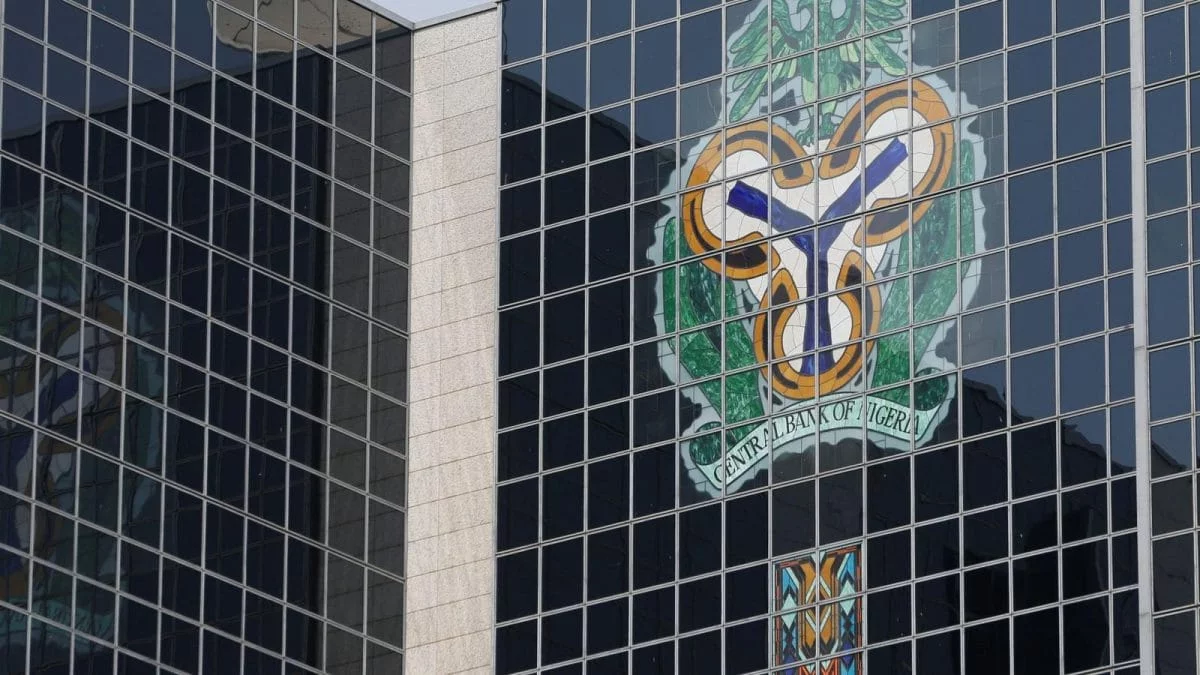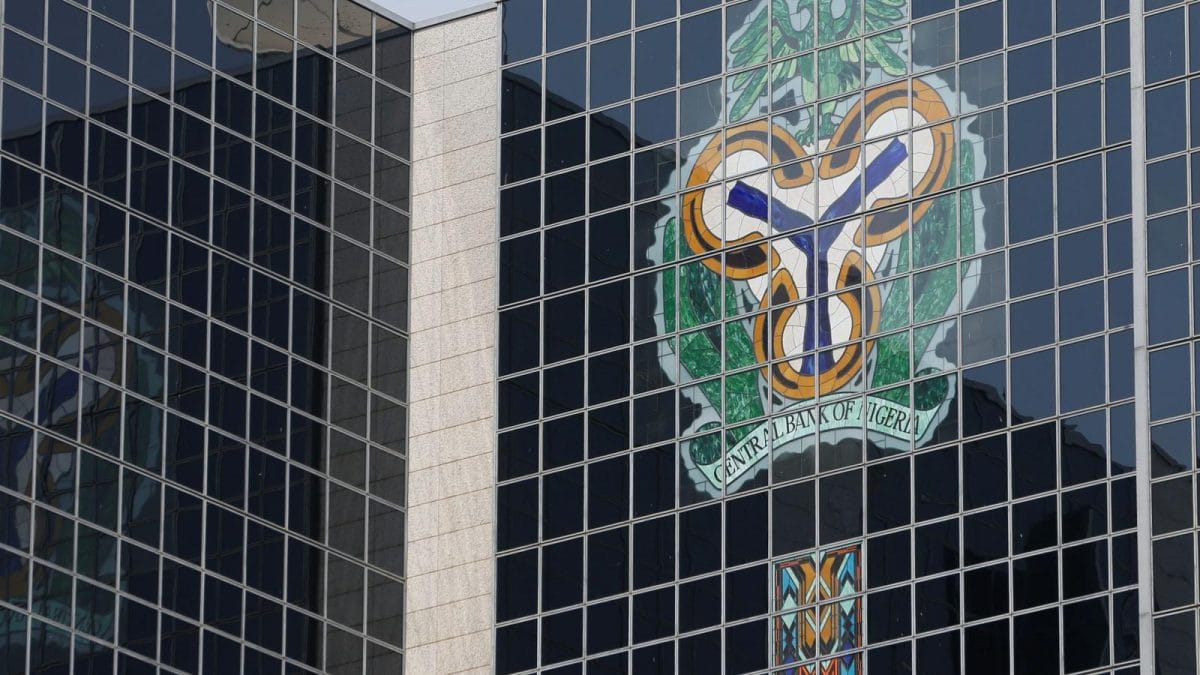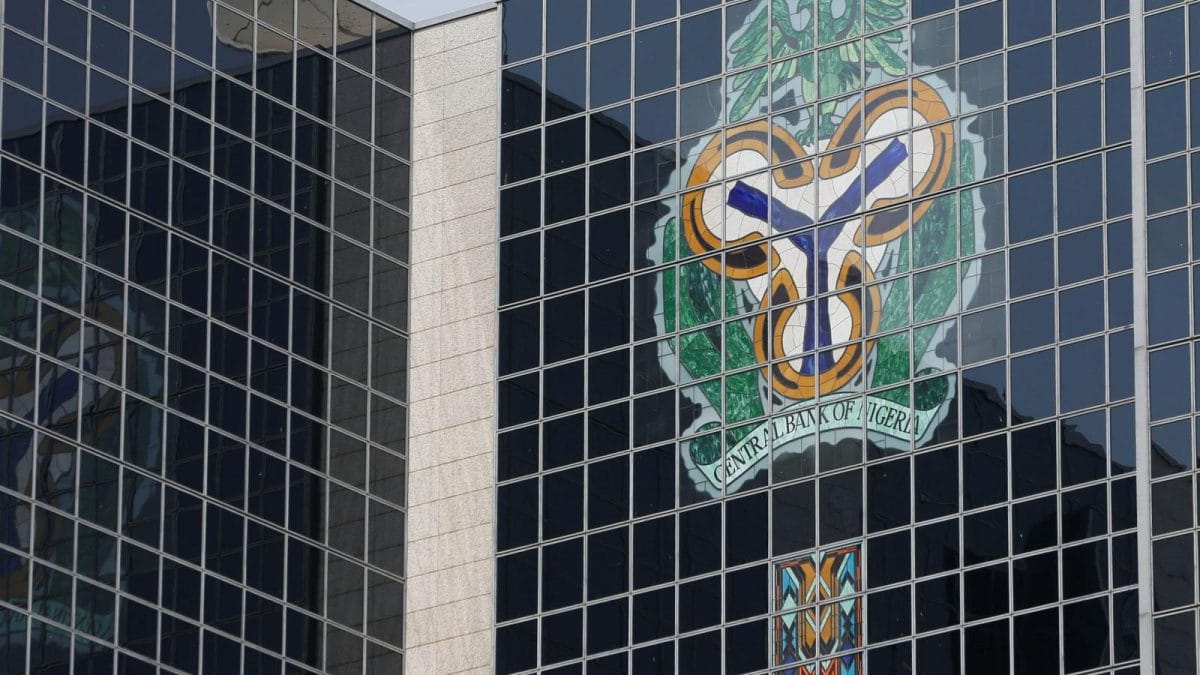The Central Bank of Nigeria insisted its monetary policy reforms had impacted the deceleration of prices in the country despite the rising inflation rate.
DAILY POST reports that Nigeria’s October inflation, which stood at 27.33 per cent, represents an 18-year high.
But, the apex bank’s Director of Corporate Communications, Isa AbdulMunin, reacting to the National Bureau of Statistics October inflation figure, said the rate showed that money market reforms are gradually impacting the economy.
According to him, the low increase in the average price level in October indicates that the CBN’s monetary policy stance to tighten and its money market reforms were yielding the desired effect.
He attributed the moderation in the month-on-month changes in food prices and core consumer basket components to banks’ reforms in the money market and relative stability in the foreign exchange market.
“Further reforms in the money market, which commenced in October, had accelerated easing in prices as indicated by the substantial drop in month-on-month changes recorded in October.
“Moderation in month-on-month changes in prices observed in the headline, food and core components of the consumer basket followed reforms in the money market and relative stability in the FX market,” he said.
Despite CBN’s optimism, Nigerians have continued to groan over increasing prices of goods and services.
According to an NBS report, Nigeria’s food inflation rate increased to 31.52 per cent in October from 30.64 in September 2023.
Similarly, the Bureau said the cost of transportation has increased to nearly 100 per cent since the introduction of fuel subsidy removal in June.
CBN reacts to Nigeria’s soaring inflation
Powered by WPeMatico



